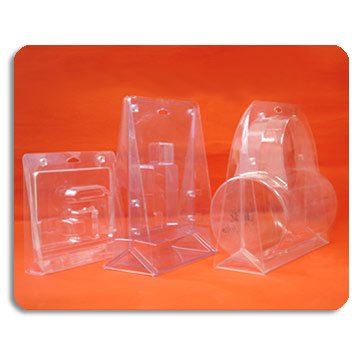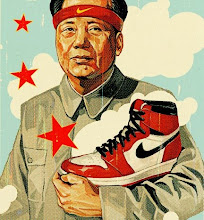 I truly believe that we have a good and decent atmosphere of professionalism at the toy factory. Mostly all of our employees try to work as a team and coordinate a lot of things with each other (This is called配合 peihe.) Although there might be some conflicts that come up from differing points of view, everything is done on a cordial level.
I truly believe that we have a good and decent atmosphere of professionalism at the toy factory. Mostly all of our employees try to work as a team and coordinate a lot of things with each other (This is called配合 peihe.) Although there might be some conflicts that come up from differing points of view, everything is done on a cordial level. That being said, in the 6 months I’ve worked here, I’ve witnessed many big arguments in the office, while only participating in 1 of them. Although I would say, it’s much more interesting to be in the argument; nevertheless, they are extremely interesting to observe as well.
Arguments:
- They involve at least 2 people to as many as 4 people.
- The people involved are all high-level managers who are at least a department head, both men and women.
- They start quiet and end loud…really loud.
- They usually involve one or more of its arguing parties making outrageous comments like: Do you want me to jump off a building?...Because jumping off the building wouldn't get it done any faster. (I heard that today) And… I could do it faster if I were blind and mute. What disability do you have?
- They can start in a flash, and can take place anywhere and everywhere in the office.
- They have a halftime. This is when one of the parties attempts to walk away. After a 5 second break in the action, either the person leaving turns back, to continue the argument, or the person being left chases the person leaving to continue it.
- The employees within hearing distance of the argument don't move. They are basically invisible and don't react at all to it. No one looks, no one talks. Everyone is quiet and steadfast.
- The people who are above the arguing parties don't say anything either. They don't get involved at all.
I seem to be the only one who visibly recognizes that an argument is happening. And since my department is in my own room, I tell my secretary to close our door to the outside whenever I hear it escalating. To me, there’s no reason to get upset at work anymore…and I’ve been in the work force for only 6 months. Come on, it’s work.
Although I have never actually worked at an American company (I’ve only interned at companies), I would assume I would never see the same type of arguments in a
From what I remember of all of the meetings I had in college (from the clubs, groups, classes and fraternity), that NEVER were there people raising their voices. Everything was kept at a comfortable level. If any disagreement escalated to a
I wonder what will happen when the current employees (who are patient and quiet) are put into managerial positions. Will they act the same way as managers do? Or Will they be less aggressive (as they are now)?
There are definitely more questions to ask, but I really need to get back to work...or else someone might start an argument with me.










